The most popular online chess platform continues to increase its footprint across the entire chess landscape, with the announcement of a brand-new chess engine called Torch to take on equivalent rival Stockfish.
The Torch Team announced the new engine on July 13, and mentioned that while a variety of open-source tools like Cutechess, OpenBench, and pytorch-nnue played a part in the project, the team insisted the source code is “an original effort with no code being used from any other engine.”
The team consists of six developers from across four different chess engines, including Andrew Grant (Ethereal), Finn Eggers and Kim Kåhre (Kovisto), Michael Whiteley and Dietrick Kappe (Dragon), and Jay Honnold (Berserk). MaLler from Now and Larry Kaufman from Rybka and Komodo also advised on the project.
“Our goal is to be number one,” said the Torch team, who for a while now had discussed combining their efforts to contend with the best chess engines in the world. The team thanked Chess.com for the support and funding that has seen Torch exceed early expectations, finishing second to Stockfish at the Chess.com Computer Chess Championship.
Commenters on Reddit were a little more skeptical, pointing out that the metric is a little skewed as the aforementioned competition focuses more on third-party tournaments like the Top Chess Engine Championship (TCEC), which could potentially make a difference in a matchup against Leela Chess Zero, another powerful engine that Torch has defeated in the CCC.
A developer of Stockfish, the current strongest engine, also joined the discussion adding that “it’s really hard to overcome [that gap to the top], especially if you are already this strong.”
Related: Which is the best chess engine?
At the time of writing, Torch is not yet available to the general public, but the announcement mentions that it “will be made available to certain relevant third parties for ratings,” and that “it will also be available through Chess.com’s analysis feature in the future.”
Stockfish has been no stranger to competition and controversy. In July 2021, they sued Chessbase for repeated license violations, alleging they repeatedly violated their license in two of their products, Fat Fritz 2 and Houdini 6, something the company conceded in the November 2022 settlement agreement.
Back in 2017, Google’s DeepMind team developed the neural network-based AlphaZero program, which would play a match against 2016 TCEC champion Stockfish Eight in a highly publicized match, winning in a dominant fashion. Today, Stockfish is up to version 16, having incorporated its own type of neural network back in August 2020.
“Chess is an infinitely fascinating game, and our goal is to push further into the depths,” ends the Torch team’s announcement. Way past human capabilities, the machines continue to explore the black-and-white jungle.


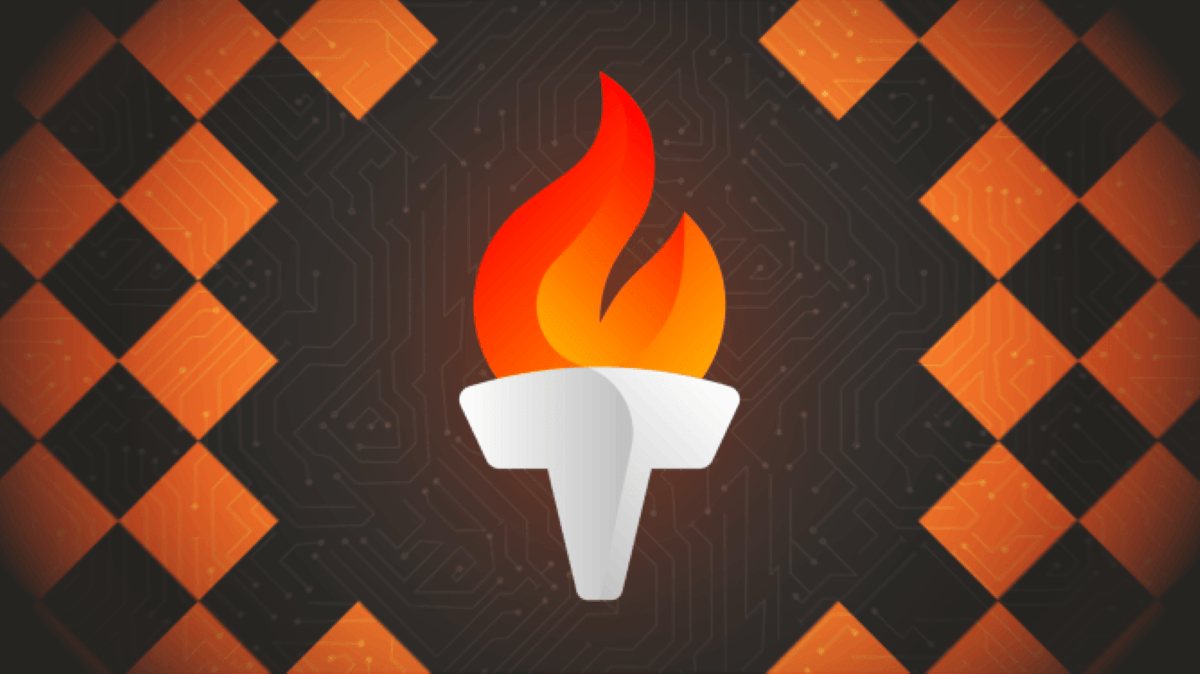
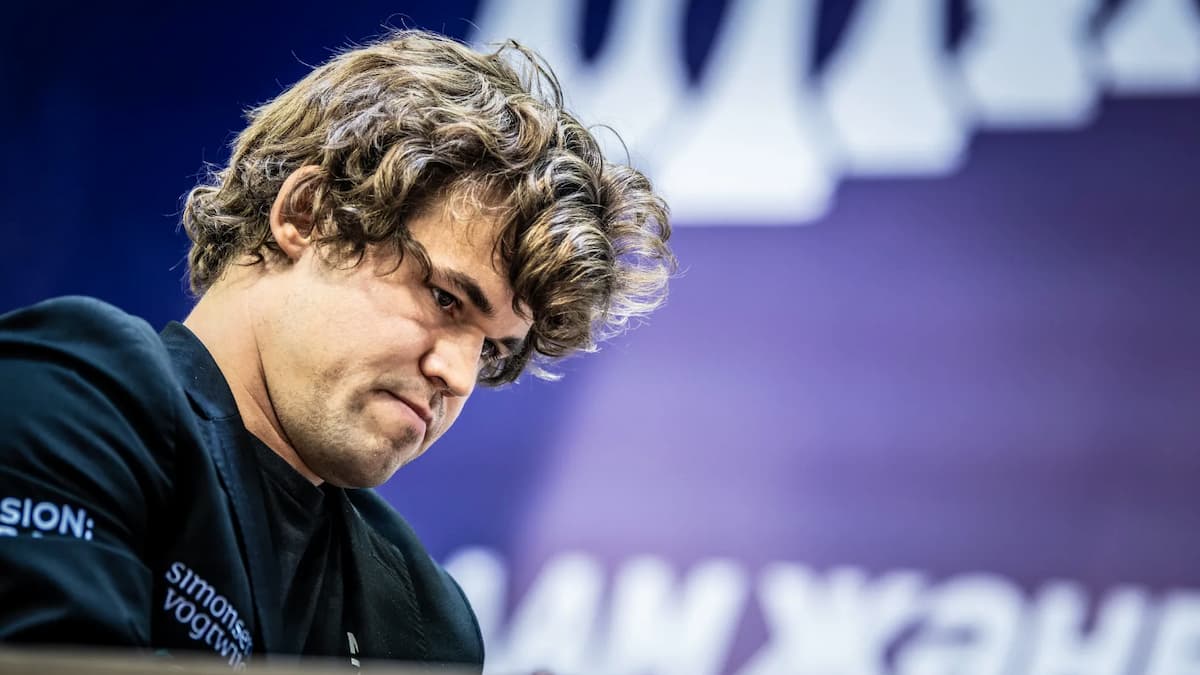
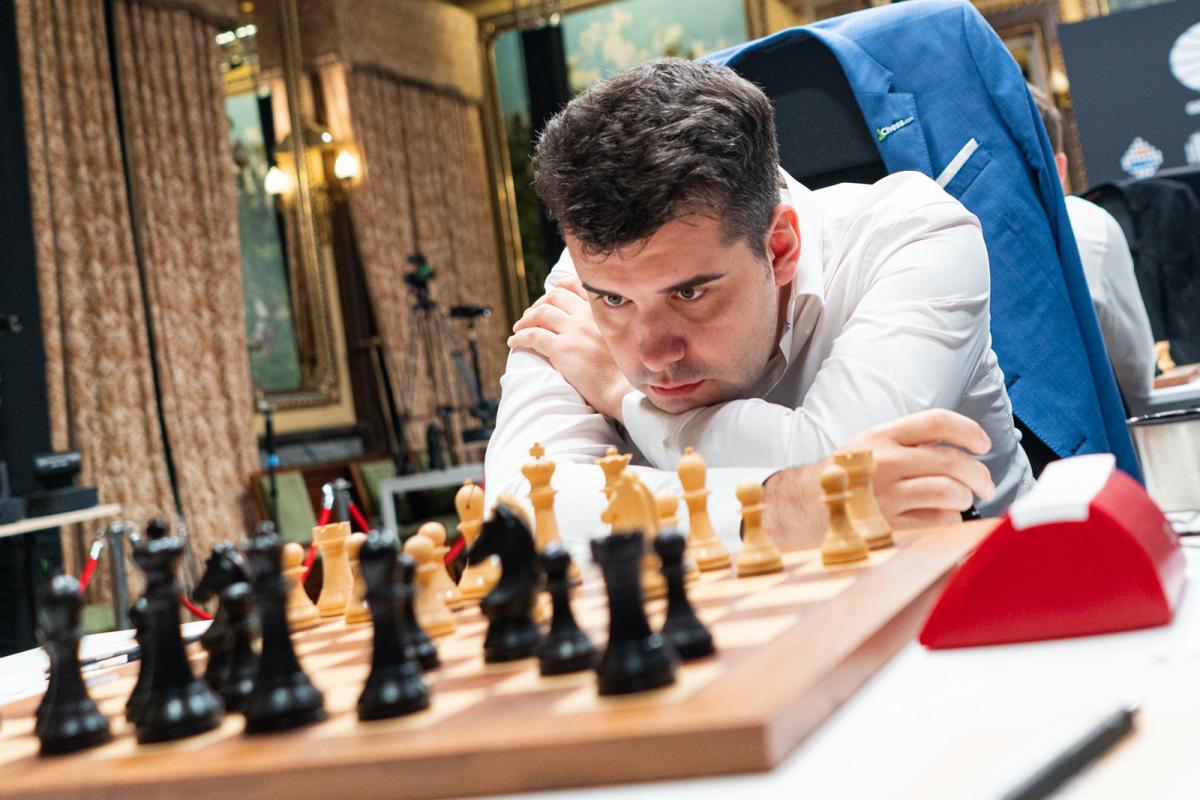
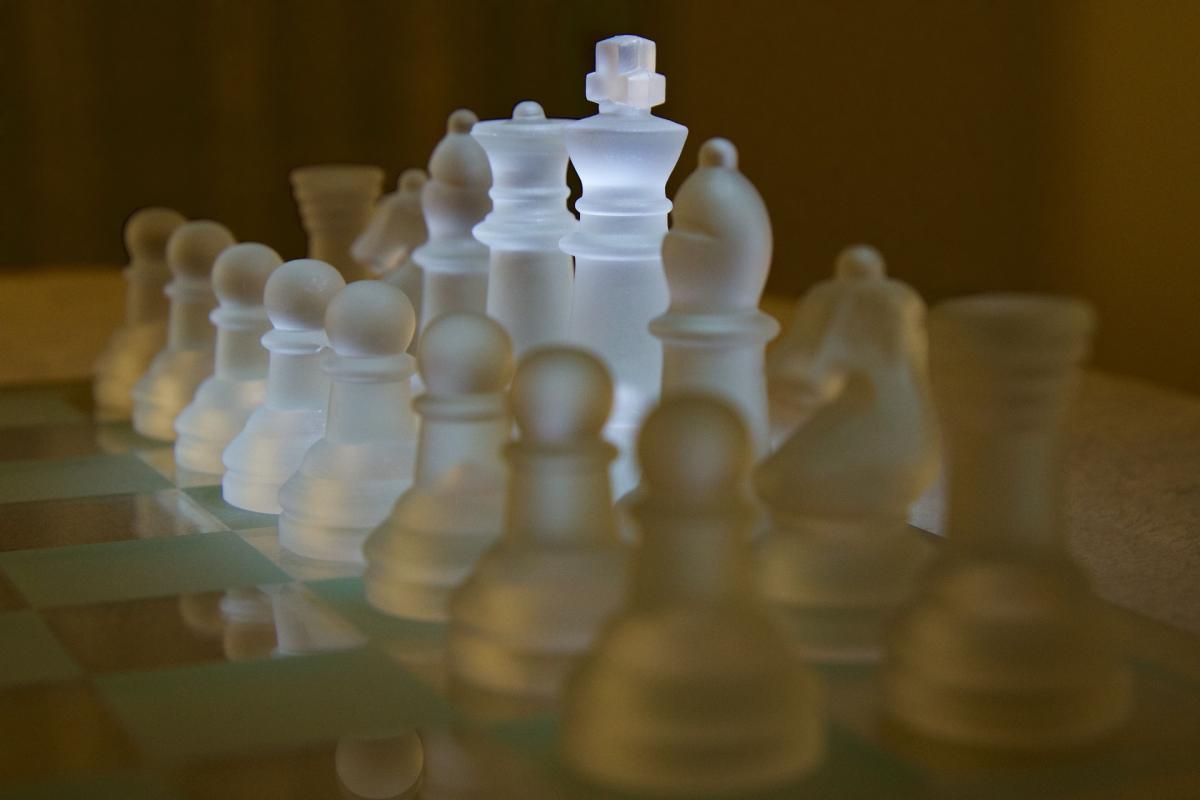

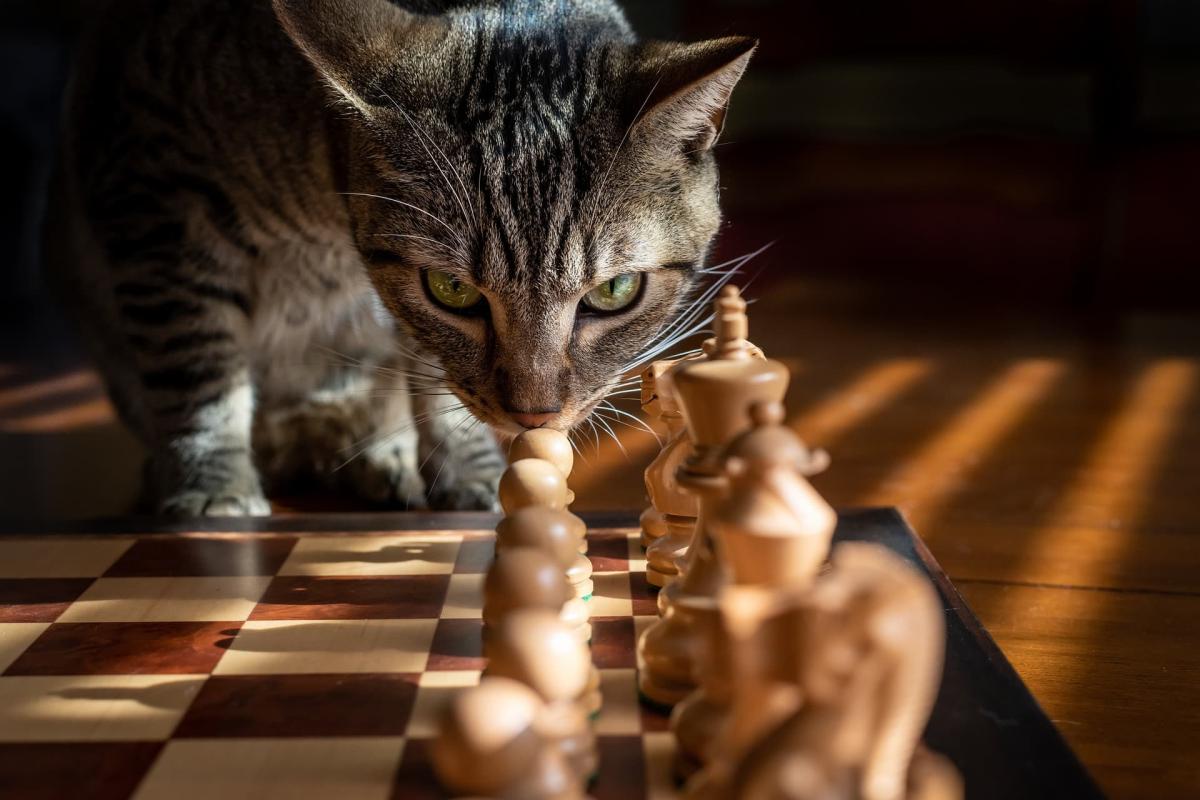
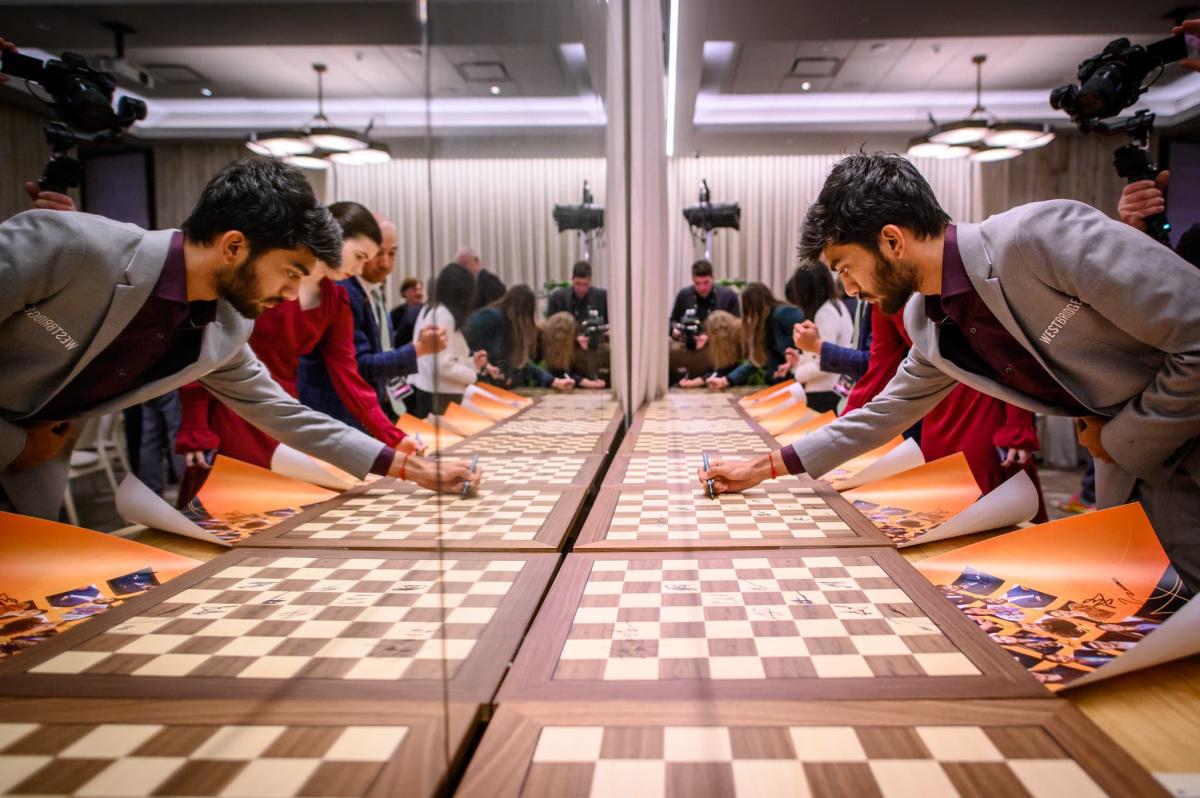
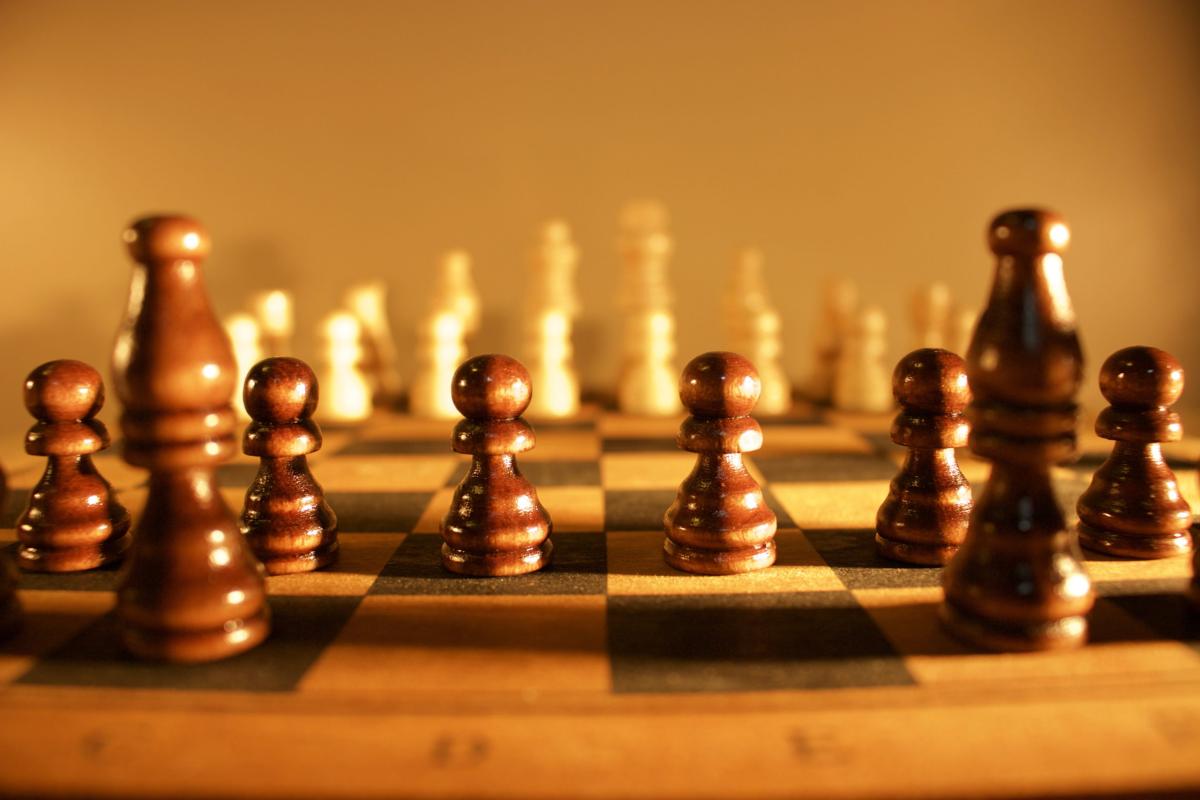
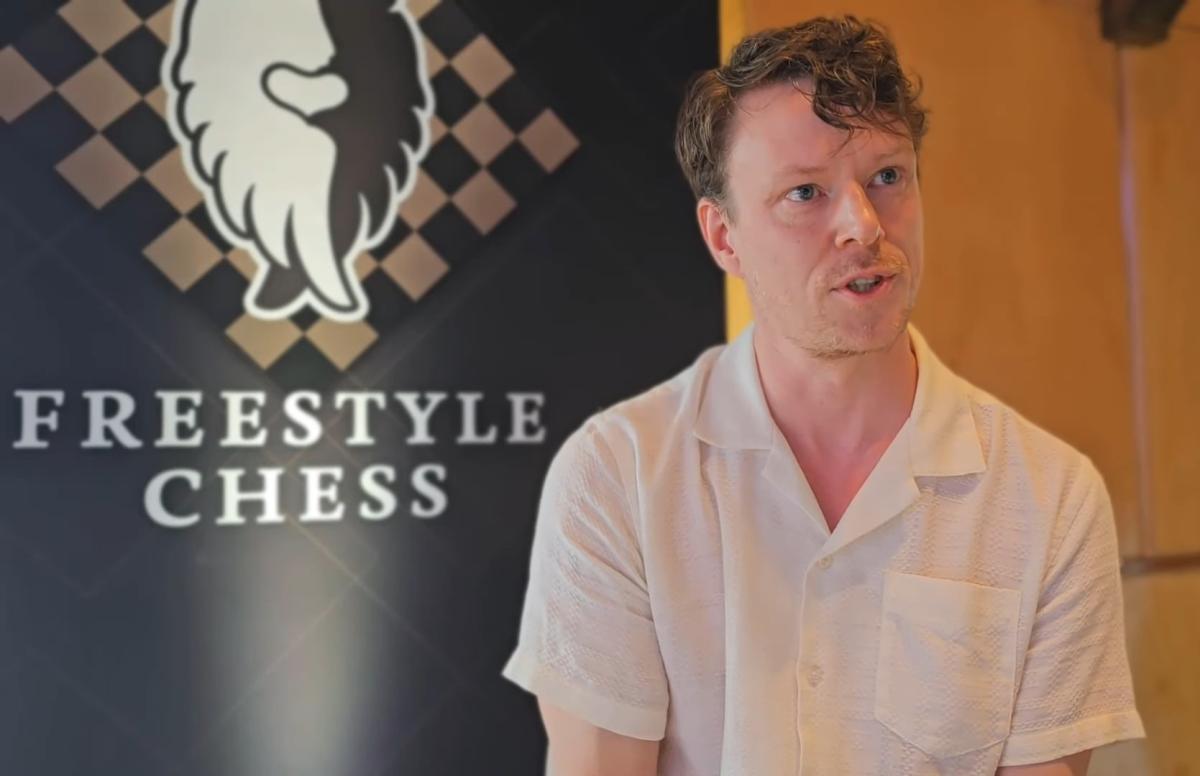

Published: Jul 14, 2023 09:55 pm